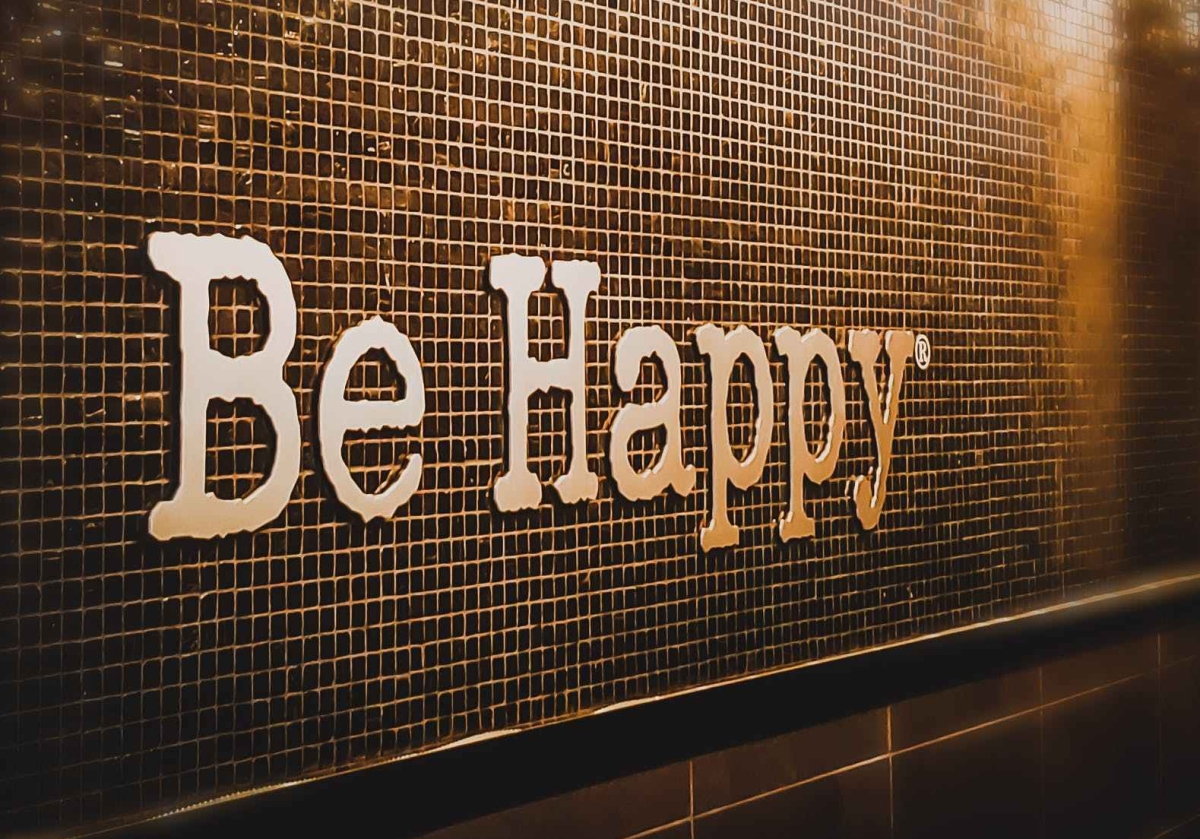When a friend comes to us with a problem, it’s easy for us to give advice that falls into the trap of toxic positivity — defined by clinical psychologist Dr. Jaime Zuckerman as “the assumption, either by one’s self or others, that despite a person’s emotional pain or difficult situation, they should only have a positive mindset or—my pet peeve term—‘positive vibes.’”
Toxic positivity statements may sound like any of the following:
- “You’ll get over it.”
- “Don’t be so negative.”
- “Always look on the bright side.”
- “Think happy thoughts.”
- “It could be worse.”
- “Everything happens for a reason.”
Focusing on the positive and rejecting anything that may trigger negative emotions may sound like a good thing, but according to Joyce Pring-Triviño, TV presenter, and host of the podcast “Adulting With Joyce Pring,” toxic positivity denies, minimizes, and invalidates genuine human emotional experiences. “When we exhibit toxic positivity, we deny all the negative experiences that make us human,” Joyce points out.
“Furthermore, suppressing or avoiding negative feelings can lead to increased anxiety, depression, and overall worsening of mental health,” Dr. Zuckerman says.
Psychotherapist Carolyn Karoll adds: “The pressure to appear ‘OK’ gives the impression that the person is defective when they feel distress, which can be internalized in a core belief that they are inadequate or weak. Judging oneself for feeling pain, sadness, jealousy—which are part of the human experience and are transient emotions—leads to secondary emotions, such as shame, that are much more intense and maladaptive. They…don’t give space for self-compassion, which is so vital to mental health.”
Lastly, by not acknowledging the wrong in the situation, we don’t leave room for the other person to take steps to resolve their situation. “After all, how can things get better if we’re already saying that they should be okay with what is happening?” says Joyce.
If you find yourself constantly turning to toxic positive statements to help a friend or loved one cope with their fears and anxieties, the first thing to do is not to blame yourself. “It’s also human nature to not want to dwell on the bad things,” assures Joyce. “We want to be distracted by the good because otherwise, we will get anxious ourselves.”

The next time the opportunity presents itself, work on doing the following instead:
- Listen and validate other people, even if their sadness makes you uncomfortable. Everyone’s entitled to their own feelings. Don’t shame another person for their emotions.
- Use healthy positivity statements:
- “I know it’s hard but I believe in you.”
- “It’s okay to feel bad sometimes.”
- “Always look at the bright side.”
- “It can be difficult to see the good in this situation, but we’ll make sense of it when we can.”
- “Things can get really tough, but I am here for you.”
- “I know this isn’t the outcome you were hoping for and that can be painful. But trust that this feeling won’t last forever.”
- Do not offer unsolicited advice. Instead, ask “How can I support you?” or just say “I’m here if you need me for anything.”
While it may seem beneficial to tell others to look on the bright side of things and find the silver lining in all life experiences, it’s also important to acknowledge and listen to emotions even when they aren’t pleasant. By helping your loved one pay attention and process their feelings as they come and go, you can help them understand themselves and their situation better.
Listen to Adulting with Joyce Pring’s “Toxic Positivity” episode here!
If someone you know is feeling especially stressed, overwhelmed, or anxious, MindNation’s 24/7 Care Hotline is available all day, every day, on FB Messenger. The service is FREE, completely confidential, and the staff is trained to ease your anxieties. Drop us a line bit.ly/mn-chat.

